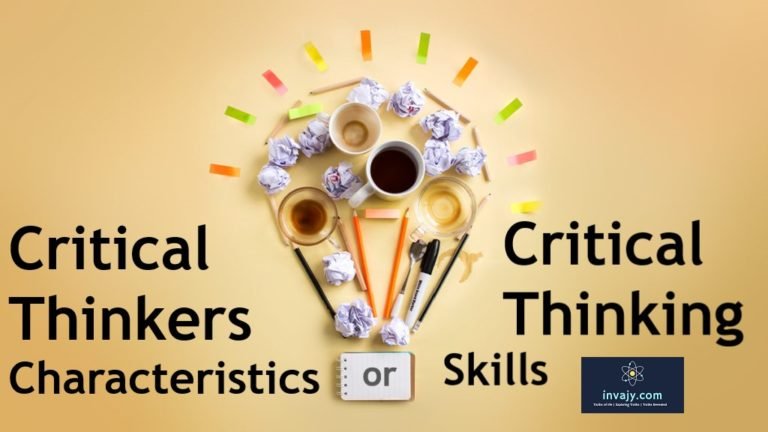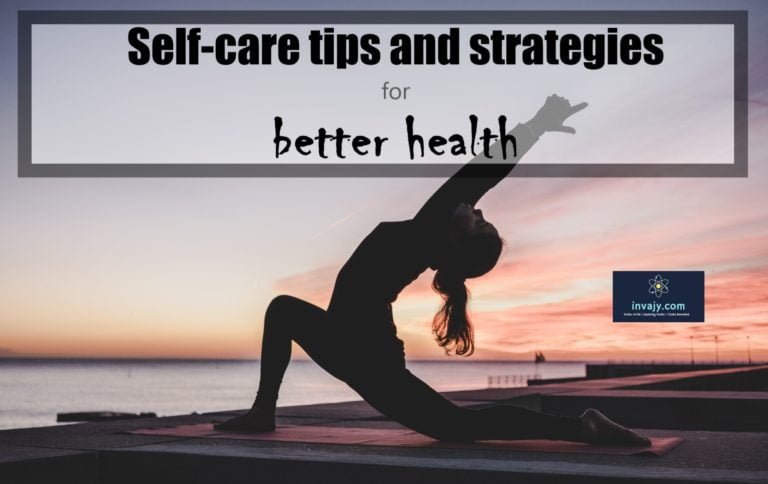Resilience Building – Learn to be more Resilient
is Change is inevitable. But for most of us it brings stress in life. Our life is full of changes. It could be the birth of a child, moving to a new city, dealing with work life balance, getting older, loss of loved one and many more… building resilience helps us cope better with the change. It is essential for personal growth and development. In this post we will learn how to be more resilient. It will help you develop coping skills, build resilience and mindfulness, and boost your wellbeing.
Resilience Definition – What is resilience?
Resilience is the ability or capacity to cope with stress and adversity . Therefore, when there are bad times and things don’t go well, people who have learnt resilient skills, have an increased chance of ‘bouncing back’. It helps you advance in adverse situations and recover quickly from difficulties. This can reduce depression and other health issues.
Resilience is not a kind of trait that people are born with; it involves behaviors, mindset, thoughts, and actions that can be learned and developed in anyone. Further important point to be noted is that you need challenges in your life to develop resilience. Resilience is developed through experience. You have to face tough situations and get knocked down in order to learn how to pick yourself back up. Where as other important life traits i.e. positive thinking, kindness, self-compassion, or gratitude can be developed in both the situations, when things are going good as well as going tough.

Also Read: Resilience Quotes
Learn to be more Resilient
Let us discover the secret to building resilience and thriving in challenging times. You can reinforce your coping skills with the following techniques.
Face your fears
Face the everyday fears which you get in the life, such as the fear of public speaking, heights, water, or flying. The practice of overcoming such fears helps a lot in cultivating your resilience quality. Slowly, and repeatedly, expose yourself to the thing that scares you. Do this in small-small doses. For an example, people with a fear of public speaking might try talking more in meetings, then perhaps try at a small family get together. Over the time, you can gradually increase the challenge until you’re ready to deliver that big speech or TV interview.
Believe in yourself
Self-esteem plays a critical role in coping with stress and recovering from difficult situations. Always try to remind yourself about your strengths, competencies, achievements and accomplishments. Becoming more confident about your own ability to respond and deal with crisis situations is a great way to build resilience for the future.
Stop Ruminating Thoughts
When something bad happens, we often relive the event over and over again in our thoughts, rehashing the past hurts and pain. This is a terrible habit called rumination; it’s like a cognitive spinning of the wheels, and it doesn’t move us forward toward healing and growth. Rumination can be dangerous to mental health, as it can prolong or intensify depression as well as impair the ability to think and process emotions.
Resilient people don’t transform the pressure into stress. They change their habits and stop the act of rumination to reduce anxiety and stress.
Sense of Purpose
An important source of resilience is having a sense of purpose and direction in life. People with stronger purpose were more likely to use positive coping strategies, such as looking for the good in something bad, in response to negative life events. Finding purpose helps you building resilience. This might involve becoming involved in your community, cultivating your spirituality or participating in activities that are meaningful to you.
Having purpose makes it easier to bounce back in tough situations and challenging times by providing perspective, stability, confidence and determination. It’s much harder to be defeated when you are passionate and purposeful about your journey.
Mindfulness
If you notice our most painful/negative thoughts are usually about the past or the future. We feel regret and ruminate on things that went wrong in the past, or we get anxious about uncertain things that will happen in future. Give a pause and bring your attention consciously to the present, you will often find that all is well and things are…okay.
Practicing mindfulness will help you to live more and more into the present moment, it’s a great techniques to deal with negative emotions when they arise. With this, instead of getting carried away into fear, anger, or despair, you can work through them more deliberately. This way mindfulness helps you to be more emotionally resilient and adoptive to the situations.
Goal Setting
If you don’t already, learn to set SMART goals; effective personal goals that match your values , and that can help you to learn from your experiences.
Resilient people are able to view crisis situations in a realistic way, and then set reasonable goals to deal with the challenges. When you find yourself becoming overwhelmed by a particular problem or situation, give a pause, take a step back to simply assess what is before you. Identify all possible solutions, and then break them down into manageable steps.

Develop Strong Relationships
People who have strong relationships, friendships and connections are more resistant to stress. Such people have a strong support network to fall back on during difficult times in life. Having good, caring and supportive people surrounding you acts as a protective factor during times of crisis.
It is important to have people you can trust upon. Talking about a situation or a problem with a loved one or friend will allows you to share your feelings, gain support, receive positive feedback and come up with possible solutions to your problems. Spending quality time with them boost you overall morale and give you confidence.
Be Optimistic
Being optimistic creates hope and promotes resilience. I know that staying positive during unfavorable times can be difficult, but maintaining a hopeful and positive outlook is an critical part of resiliency. When I talk about optimism, being an optimist does not mean at all ignoring the problem in order to focus on positive outcomes. What I mean is understanding that everyday can not be goody goody. The setbacks and difficult times are transient in nature; everyone face this in life. You need to realize and make yourself believe that you have the competencies, skills and abilities to combat the challenges you face. What you are dealing with may be difficult, but it is important to remain hopeful and positive about a brighter future.
Be Flexible
Changing a crisis or difficult situation is not always possible. If this proves to be the case, recognize and accept things as they are . You need to flexible and understand that you don’t have control over few things in life. Accept such things which you cannot change.
Flexibility is an essential part of resilience. By learning how to be more adaptable, you’ll be better equipped to respond when faced with a life crisis.

Self Care
Self care is of utmost importance for building resilience. When you take care of your mind, body and soul, you are in better position to cope with challenging situations in your life. Do some yoga, meditation or deep breathing exercises to get rid of tiredness, tension and anxiety. Try to maintain a sound sleep routine, have a balanced diet, maintain a good hygiene and do some physical exercises. These small-small things will do wonder and equip you to battle with negative situations.
By taking care of your own basic needs, you can boost your overall health and resilience and be fully ready to face life’s challenges.
Stay away from addictive substances
Don’t use alcohol, drugs, nicotine or caffeine as a coping mechanism. Using such addictive substances literally will not fix anything. Long term use of such faulty coping mechanisms will aggravate the problems. For example caffeine and nicotine are stimulants, when you use too much of them, the body reacts to this and can cause anxiety. Alcohol is a depressant!
The biggest threat is you are setting a wrong example to your children. Children always follow the behaviors of their parents.
Thank you for reading this. Over to you now, please let us know your learnings on resilience. Share them in the comment section, they are much appreciated.
If you have liked this article, please share it with your friends and relatives at your favorite social networks.







